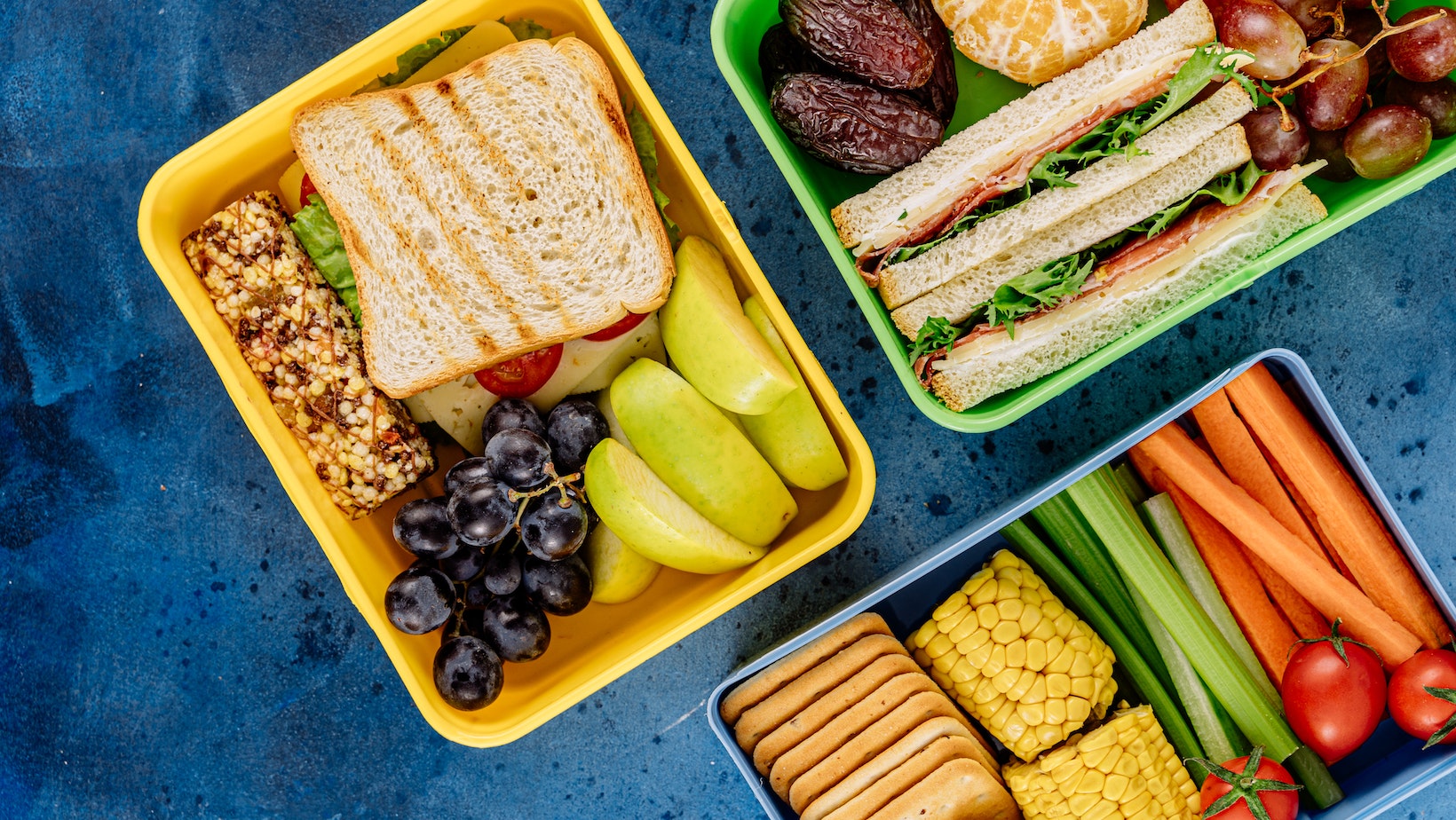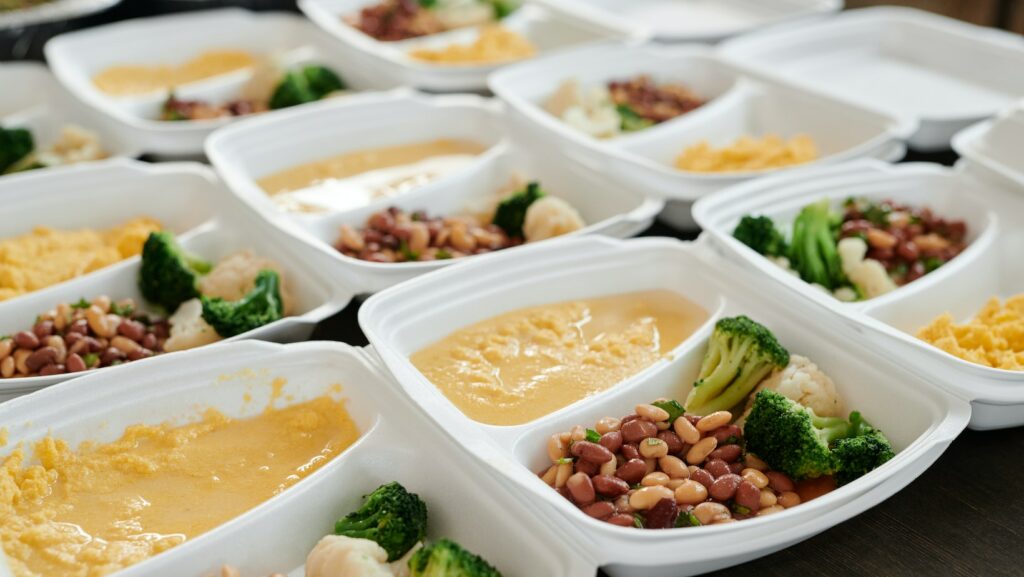The Three Basic Food Sources During Isolation Are Packed Rations, Animals And Insects, And Plants.
During times of isolation, it becomes essential to have a reliable source of nourishment. When it comes to meeting our basic food needs, three primary sources stand out: packed rations, animals and insects, and plants. These options offer diverse nutritional profiles and can sustain us through challenging times.
Table of Contents
TogglePacked rations are a convenient choice during isolation. They are specially designed to provide long shelf life and contain a variety of non-perishable food items. Packed rations often include canned goods, dehydrated meals, and energy bars that can be easily stored and consumed when needed. While they may lack the freshness of other food sources, packed rations offer the advantage of being readily available in emergency situations.
Another potential food source during isolation is animals and insects. Though it may not be everyone’s first choice, consuming meat from animals or insects can provide essential nutrients like protein and fats. In some cases, hunting or fishing might be necessary for survival. However, it’s crucial to ensure proper preparation and cooking techniques to avoid any health risks associated with raw or undercooked meat.
Lastly, plants offer an abundant supply of sustenance even during isolation. From edible wild greens to fruits and nuts found in nature, plant-based foods provide vital vitamins, minerals, fiber, and antioxidants necessary for maintaining good health. Learning about local flora or cultivating a small garden at home can enhance one’s self-sufficiency during isolated periods.

Packed Rations As A Food Source
During times of isolation, when access to fresh food may be limited, packed rations can serve as a reliable source of sustenance. These pre-packaged meals are designed to provide essential nutrients and energy, ensuring survival in challenging circumstances. Let’s explore the benefits and considerations of relying on packed rations as one of the three basic food sources during isolation.
Convenience And Long Shelf Life
Packed rations offer the advantage of convenience. They come in compact packaging that is easy to store and transport, making them ideal for emergency situations or when access to cooking facilities is limited. Additionally, most packed rations have an extended shelf life, which means they can be stored for long periods without spoiling.
Nutritional Value
When it comes to nutrition, packed rations are carefully formulated to provide a balanced diet. They typically contain a mix of carbohydrates, proteins, fats, vitamins, and minerals necessary for maintaining overall health. While individual brands may vary in their specific offerings, many packed rations aim to meet the recommended daily intake requirements.
Variety And Taste
While some might assume that packed rations lack variety or flavor due to their long shelf life and preservation methods, manufacturers have made significant strides in improving both aspects. Nowadays, you can find a wide range of options with diverse flavors and meal choices within the packaged ration market. This ensures that individuals can enjoy different tastes while still meeting their nutritional needs.
Portability And Portion Control
Another advantage of packed rations is their portability. Whether you’re on the move or staying put during isolation measures, these lightweight meals are easy to carry around without compromising your mobility or adding unnecessary weight to your supplies. Furthermore, most packed rations come in pre-portioned servings that help control calorie intake and prevent wastage.
It’s important to note that while packed rations offer numerous benefits during isolation, they should not be the sole source of sustenance. They are best used as part of a varied diet that includes other food sources such as animals and insects, and plants. By diversifying your food options, you can maximize nutritional intake and maintain overall well-being.
In conclusion, packed rations provide a convenient, long-lasting, nutritionally balanced option for individuals during times of isolation. However, it is essential to incorporate other food sources into your diet to ensure optimal health and meet all dietary requirements.











